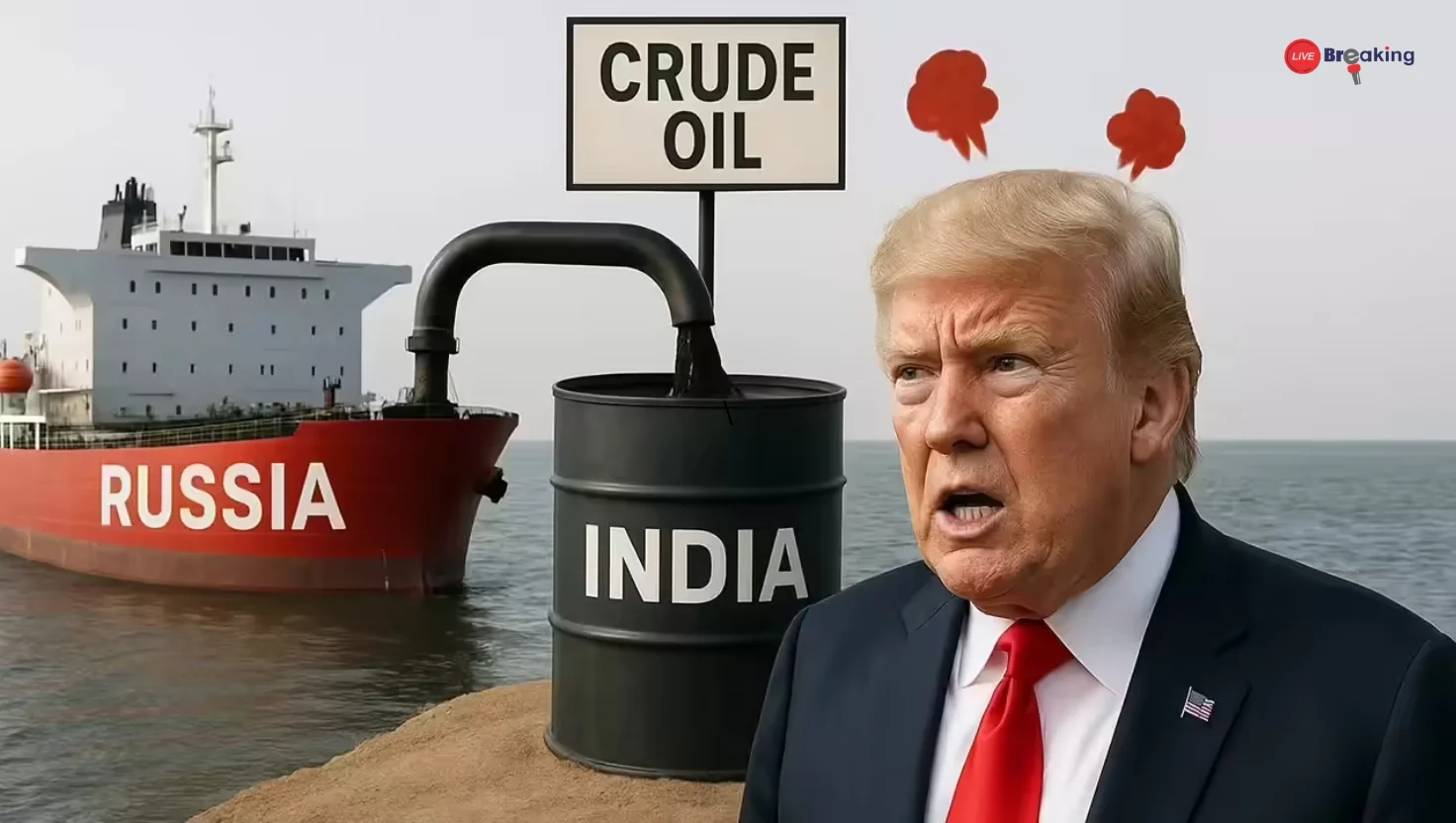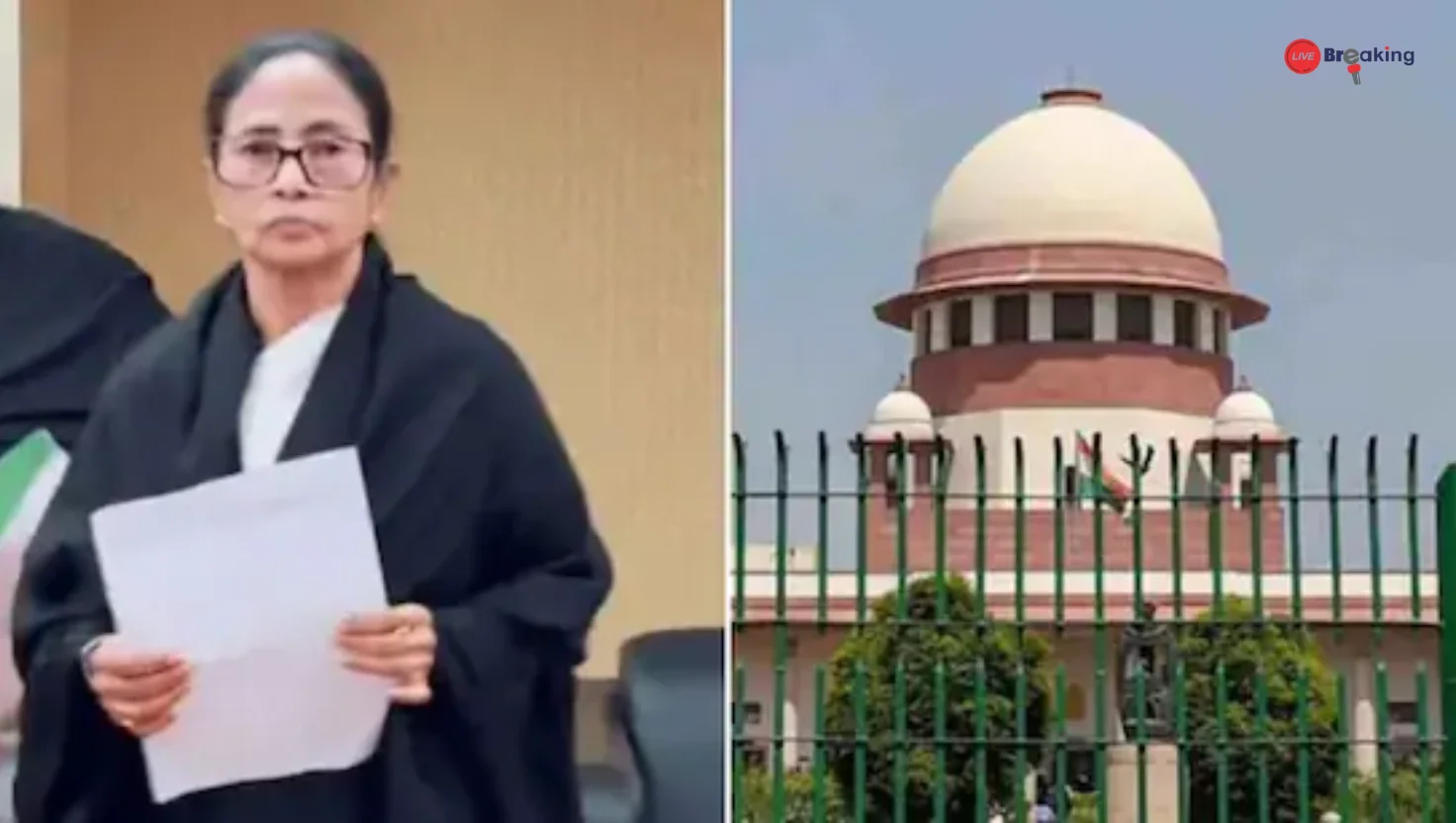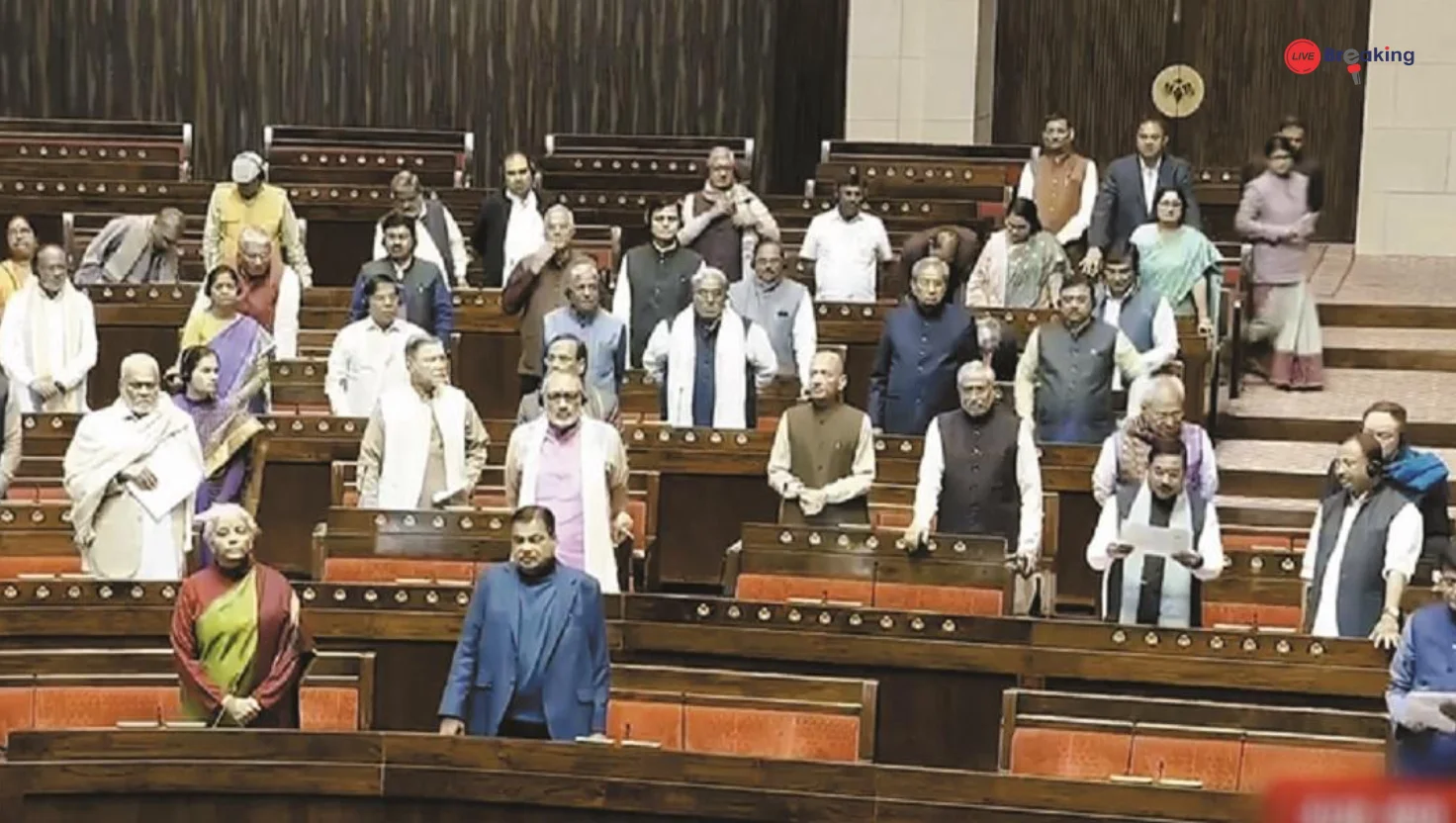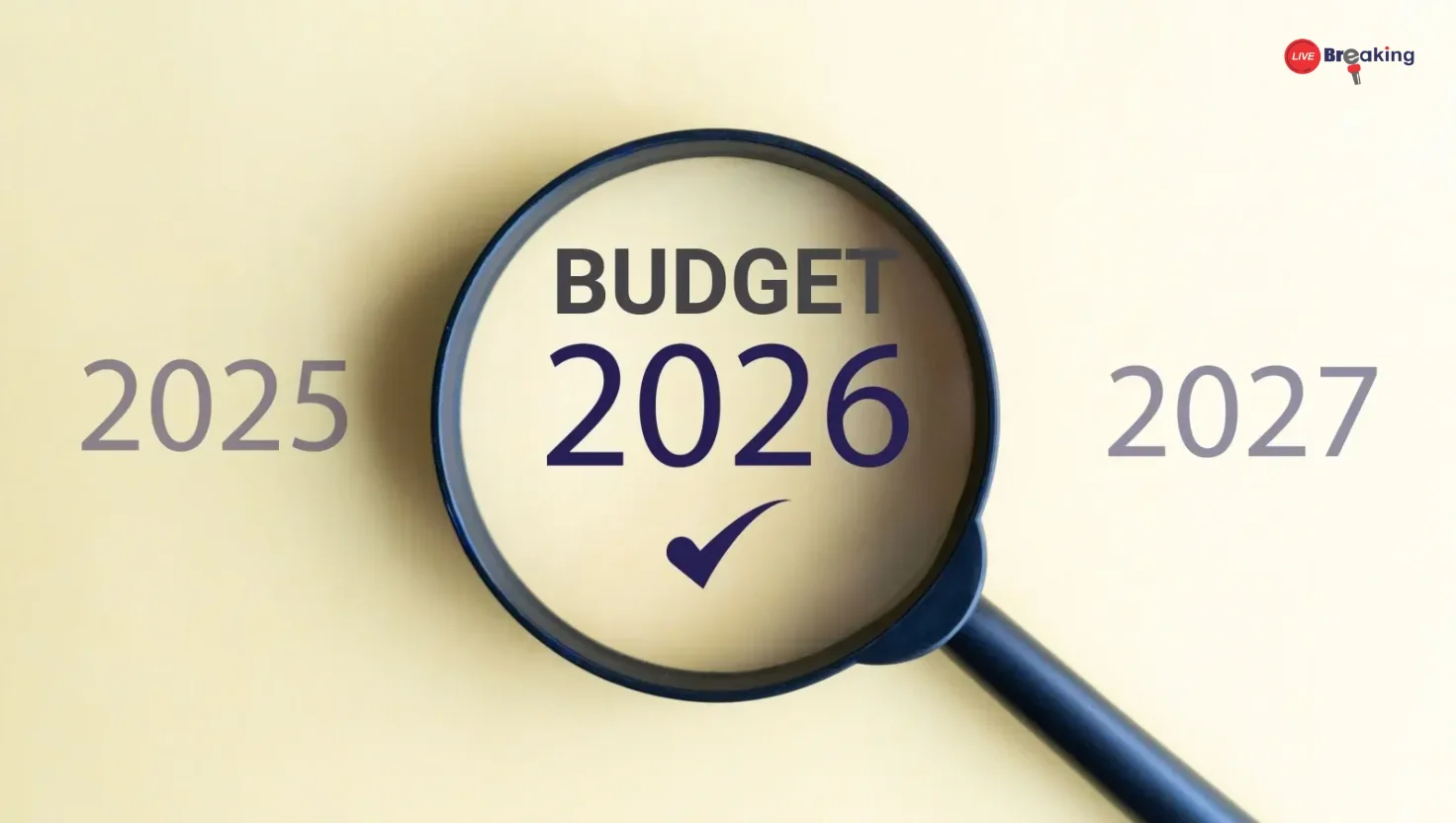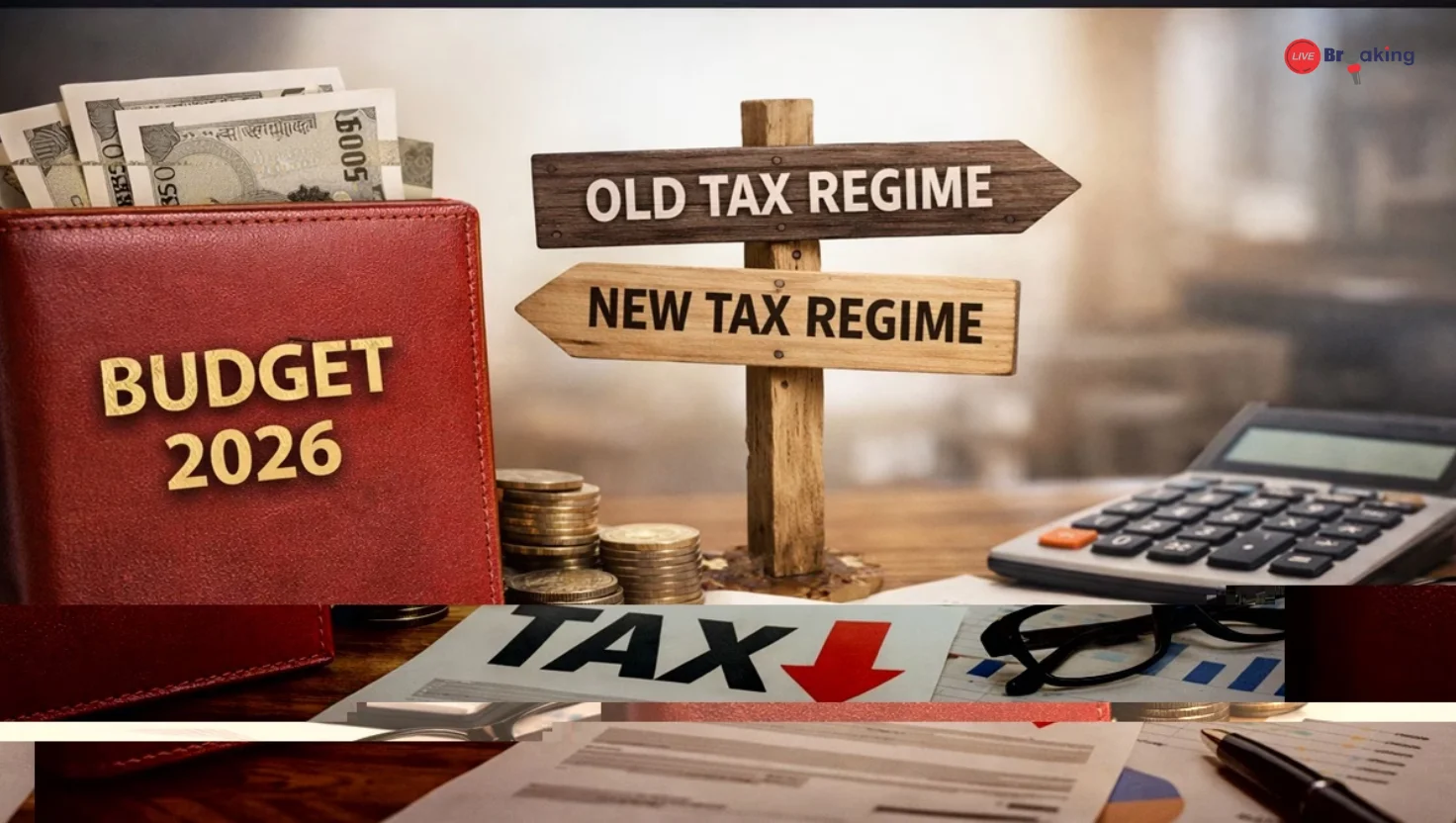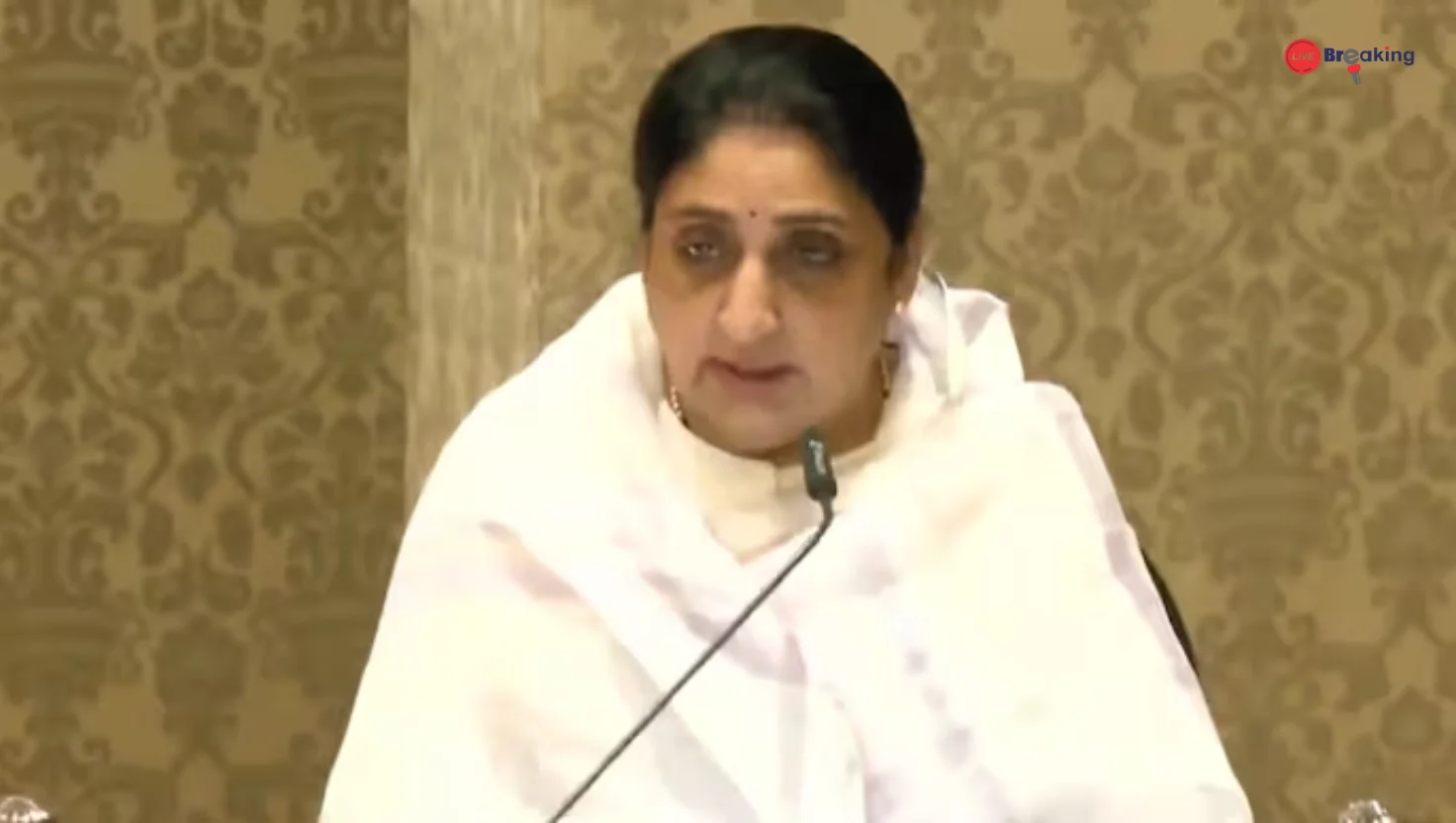Trump Claims India Will Stop Buying Russian Oil. What Numbers Say
Former U.S. President Donald Trump’s latest claim that India will soon stop purchasing Russian oil has once again put the spotlight on New Delhi’s energy strategy and its delicate geopolitical balancing act. While Trump’s statement has generated considerable attention, the numbers tell a more complex story — one that suggests India’s relationship with Russian oil is far from over.
Trump’s Claim and Its Context
Speaking at a recent event, Donald Trump remarked that India — one of Russia’s biggest oil customers since the onset of the Ukraine war — will “end its dependency on Russian oil” if he returns to power. His comment was framed within a larger discussion about U.S. foreign policy, energy sanctions, and the role of major economies in global trade realignment.
Trump’s remarks come amid his renewed efforts to project a strong stance on global security and American influence, using the Russia-Ukraine conflict as a point of political leverage. However, experts and trade analysts suggest that the ground realities of India’s energy dependence paint a far more nuanced picture.
India’s Energy Security Equation
India, the world’s third-largest importer of crude oil, relies heavily on foreign energy sources to sustain its fast-growing economy. Historically, the Middle East has been India’s primary supplier, but Russia emerged as a key partner following Western sanctions imposed after the 2022 invasion of Ukraine.
When global markets turned volatile and Western nations began restricting Russian oil purchases, Moscow started offering steep discounts. India, driven by its need for affordable energy, quickly increased imports of Russian crude. By 2023, Russia had become India’s top crude oil supplier, surpassing Iraq and Saudi Arabia.
This strategic move allowed India to manage inflationary pressures and ensure steady fuel availability, while maintaining a neutral diplomatic stance between Western allies and Russia.
What the Numbers Reveal
Data over the past two years shows a clear pattern: India’s reliance on Russian oil surged dramatically after 2022. Imports jumped from less than 2% of India’s total oil imports pre-war to over 35% by mid-2023.
Even in 2024, despite fluctuating prices and global tensions, India continued to source around a third of its crude from Russia. While there have been slight declines in recent months due to payment challenges and logistical constraints, there is little evidence to suggest that India is preparing to phase out Russian oil entirely.
In fact, Indian refiners have shown adaptability by adjusting to Western sanctions through alternate payment mechanisms, including using local currencies and intermediary banks. This flexibility underscores India’s pragmatic approach — ensuring national interest takes precedence over external pressure.
Balancing Global Politics and Domestic Priorities
For New Delhi, the decision to buy Russian oil is not about taking sides but about safeguarding economic stability. The Indian government has repeatedly emphasized that its energy policy is guided by national needs and market dynamics.
Foreign Minister S. Jaishankar has often articulated that India’s moral responsibility is to ensure affordable energy access for its 1.4 billion citizens. In his words, “Europe buys more oil in a single afternoon than India does in a month.” This sentiment captures India’s consistent stance: it will continue to make decisions that align with its developmental and economic priorities.
Read more: Delhi Government to Table School Fee Bill Amid Backlash Over Delay
Moreover, as global demand shifts, India is simultaneously investing in renewable energy, diversifying import sources, and building strategic reserves. Yet, the complete abandonment of Russian oil — as Trump’s claim suggests — appears economically unrealistic in the near future.
The Reality Behind Trump’s Prediction
Trump’s assertion may reflect a political viewpoint rather than an economic forecast. If he returns to power, he could tighten sanctions on countries buying Russian oil, pressuring allies like India to comply. However, such pressure tactics have historically had limited impact on India’s foreign policy choices.
India’s stance is rooted in strategic autonomy — a principle that allows it to maintain relations with multiple global powers simultaneously. While it values its partnership with the U.S., it has also deepened trade and defense cooperation with Russia.
Read more: Nitish Kumar Flexes Power: JDU Snatches 5 Key Seats Sought by Chirag Paswan
Therefore, unless there is a dramatic shift in global oil dynamics or sanctions frameworks, India is unlikely to completely halt its Russian oil imports anytime soon.
Conclusion: Numbers Over Narratives
Donald Trump’s statement may have reignited debate over India’s foreign oil strategy, but the data reveals a more grounded reality. India continues to depend significantly on Russian crude, not out of political alignment but economic necessity.
While geopolitical pressures from the West may intensify, India’s energy decisions will remain pragmatic, balancing affordability, availability, and national interest.
In short, the numbers suggest that India’s oil diplomacy will continue to be driven by realism, not rhetoric — and Russian crude will likely remain part of that equation for the foreseeable future.

